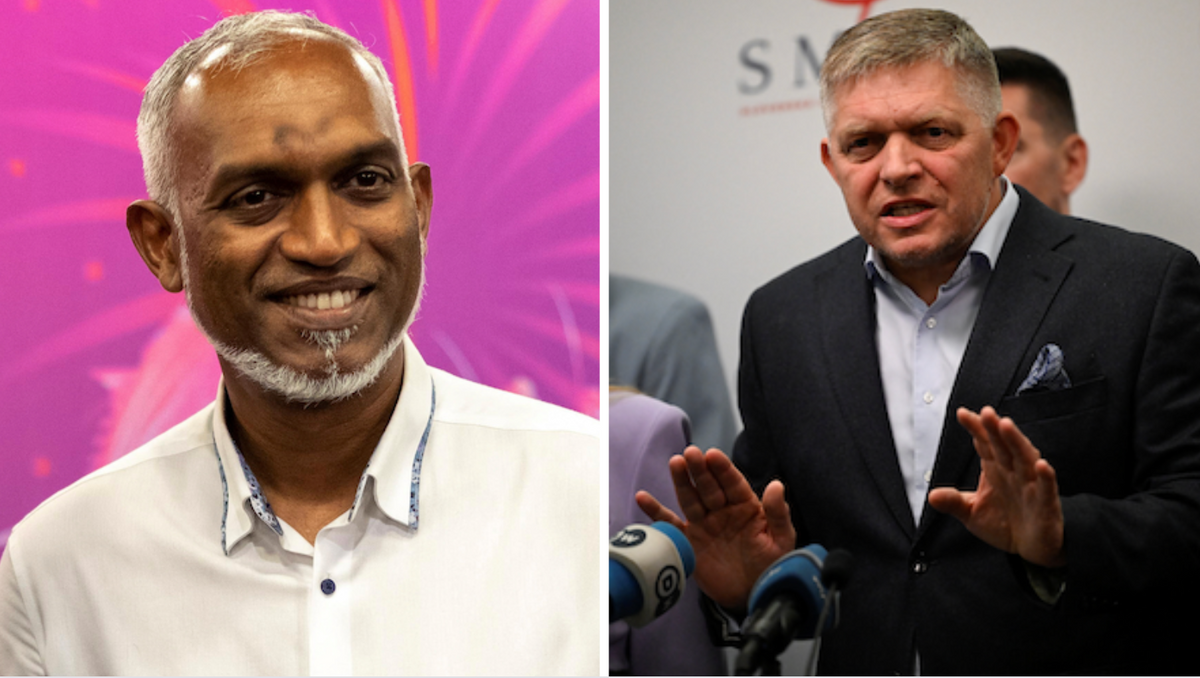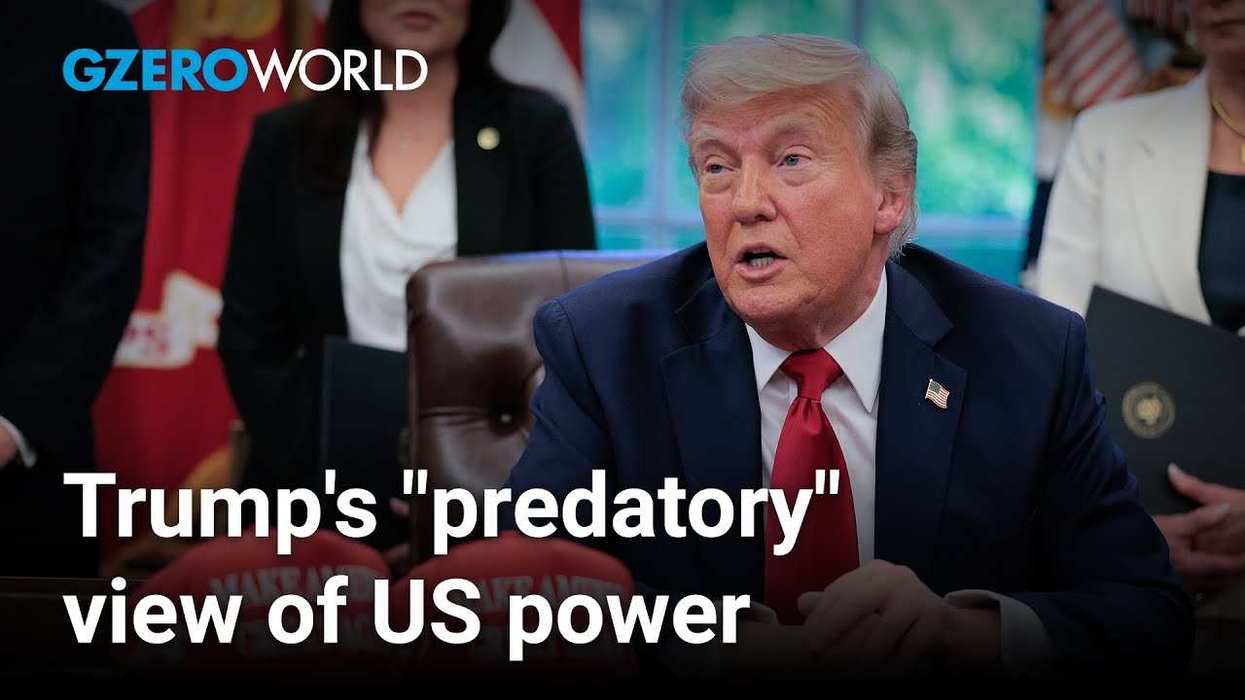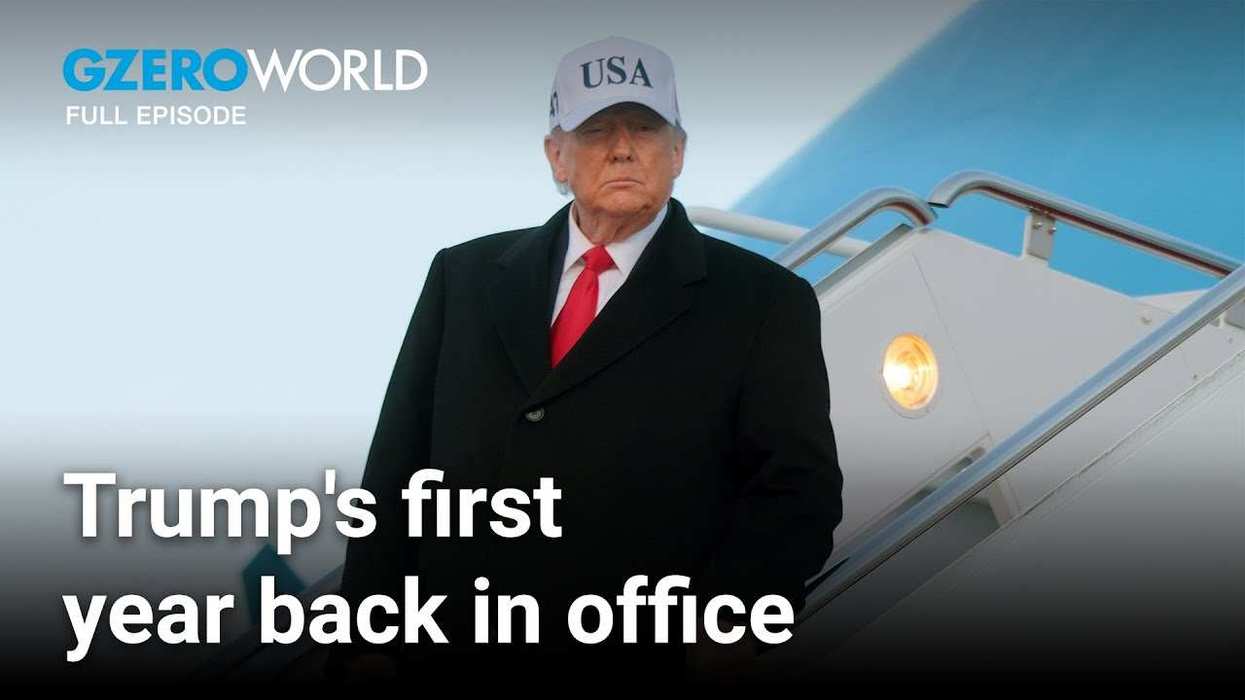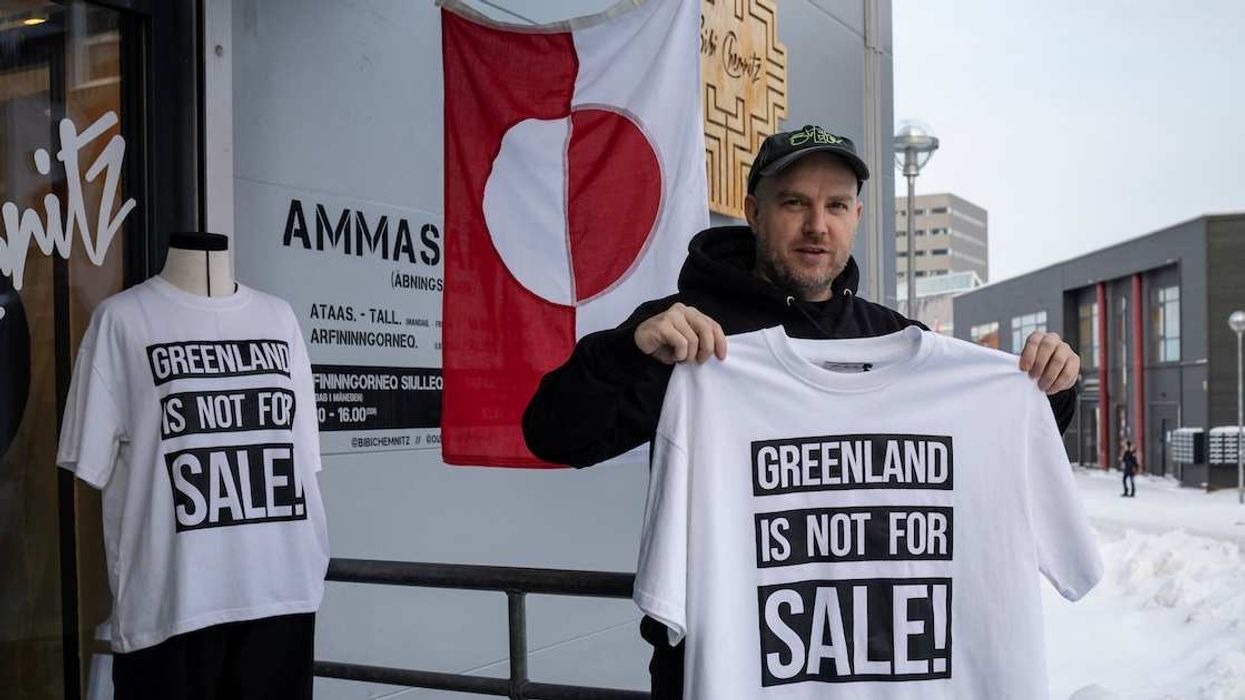Indeed, Muizzu, mayor of the capital city of Male, campaigned on the slogan “India out.” He previously served as the construction minister in the pro-China government of Abdulla Yameen, who is now jailed on corruption charges. Under Yameen, the Maldives secured several Chinese-funded infrastructure projects, including a $200 million bridge connecting Male to the airport, and joined China’s Belt and Road Initiative. In an online meeting with Chinese Communist Party officials last year, Muizzu pledged that his party’s return to power would grow the “strong ties between our two countries.”
China wants to leverage the strategic location of the Maldives and safeguard the passage of its energy supplies through the area from the Gulf states. But India’s influence may not be that easy to uproot, and there are concerns that too close an alliance with China could tip the Maldives into the “Chinese debt trap,” a fate that has befallen other small nations.
Meanwhile, in Slovakia, the Kremlin-friendly SMER party, led by Robert Fico, performed better than expected, garnering 22.9% of the popular vote and topping the pro-Ukrainian Progressive Slovakia party’s 17.9%. Fico is a former two-term prime minister who was forced to resign in 2018 after the murder of a journalist who had been exposing corruption allegations against the government. Now, Fico is expected to assemble a coalition with the moderate-left Hlas party, an offshoot of SMER, and the nationalist, pro-Russian Slovak National Party.
SMER’s victory spells trouble for NATO: Fico promises to immediately cease providing military support to Ukraine and withdraw Slovakia’s previous support for Ukraine’s NATO membership. His win could also prove problematic for the EU as Fico is an ally of Hungarian Prime Minister Victor Orbán, who gleefully posted on X, “Guess who’s back! Always good to work together with a patriot.” If Poland’s governing Law & Justice party wins a third term in the country’s Oct. 15 election, this trend of illiberal, Brussels skepticism will be further strengthened.

















